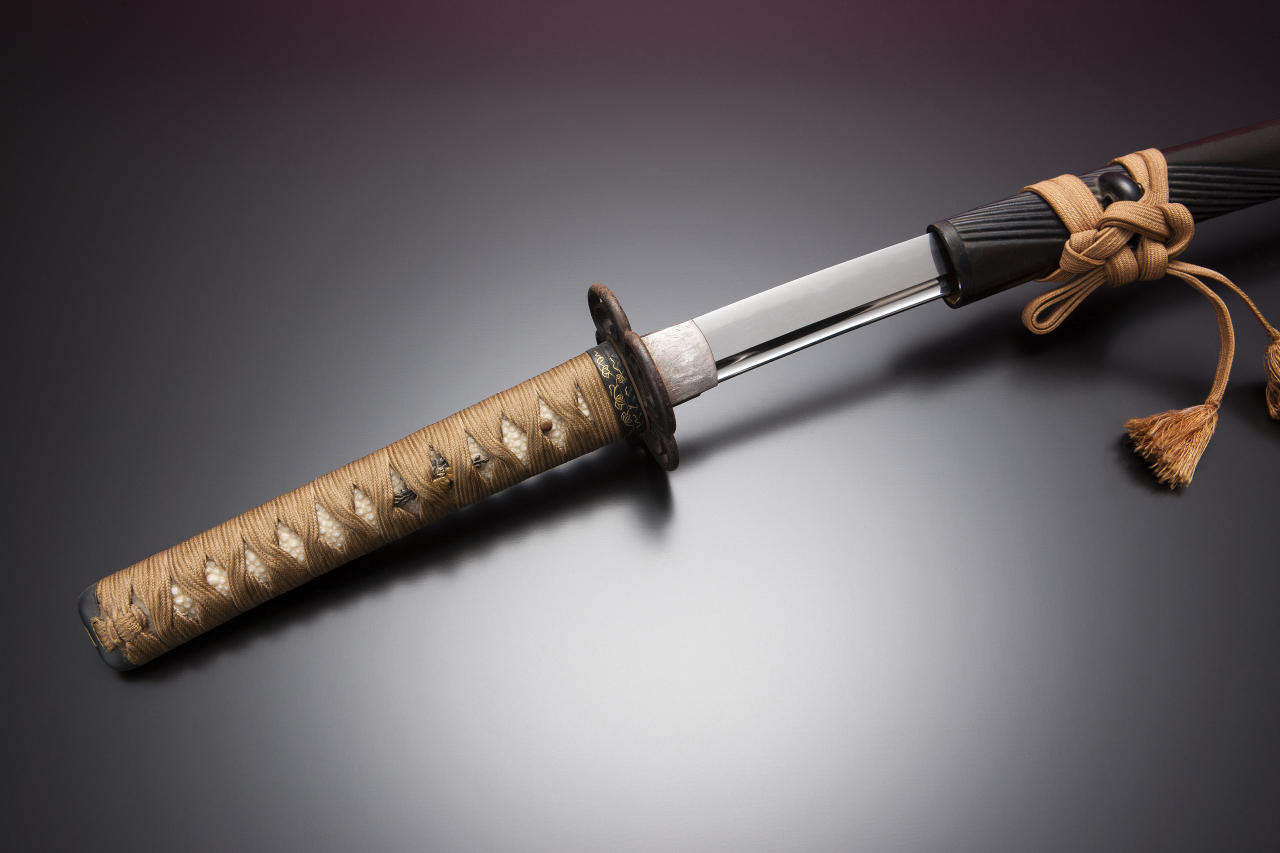
 |
| (Getty Images) |
A recent fatal attack by a sword-wielding man in Seoul has brought the country's control of lethal weapons into question.
On Monday night at an apartment complex in Eunpyeong-gu, Seoul, the suspect, a 37-year-old resident there, wielded a 120-centimeter Japanese sword against a victim in his 40s, eventually resulting in his death. Police have said they barely knew each other.
The suspect, who was arrested at his home about an hour after the killing, told police he had believed the victim was a “spy” following him.
Police plan to conduct narcotics tests, and have already said he was not under the influence of alcohol.
In January this year the suspect acquired legal ownership of the lethal weapon, which was registered and authorized by police for decorative purposes. He was permitted to do so because restrictions apply only to those suffering from epilepsy, mental illnesses, alcoholism, drug addiction and former convicts who have served sentences within the past five years.
However, local reports and police statements indicate past erratic and potentially dangerous behavior by the suspect. His neighbors spoke of spotting him shouting and cursing alone in the complex, particularly after he left his job at a large company late last year. He was reported to have suggested having a sword fight with children on a playground.
The Act on the Safety Management of Guns, Swords and Explosives mandates permits for blades exceeding 15 centimeters, or "one that poses evident danger of being used as a lethal weapon even if shorter than 15 centimeters.” Even with a permit, the owner is not to carry the sword except for permitted purposes.
Yet, the application process is less stringent than for firearms.
While gun permit applicants are obliged to submit physical and mental health evaluations, those applying for a sword permit are exempt from this requirement if they have a driver's license.
Although police conduct background checks on sword permit applicants for criminal history and mental illness, there is no ongoing monitoring to ensure continued eligibility after a sword permit is granted.
A lack of renewal regulations for sword permits further exacerbates the issue.
Unlike gun permits, which must be renewed every three years, sword permits are not subject to any renewal regulations, making it even harder to verify the eligibility of sword owners over time.
To address the issue, authorities are currently working on amending the act to require sword permits to undergo a renewal process every five years, police officials said.
In recent years, South Korea has witnessed sword-related crimes that have led to widespread public concern.
In June last year, in Gwangju, Gyeonggi Province, a man in his 70s killed his neighbor in his 50s during a parking dispute using a 1-meter Japanese sword, severing the neighbor's wrist. In September 2021, in Seoul's Gangseo-gu, a man under a restraining order stabbed his wife with a Japanese sword following a dispute over their divorce.









